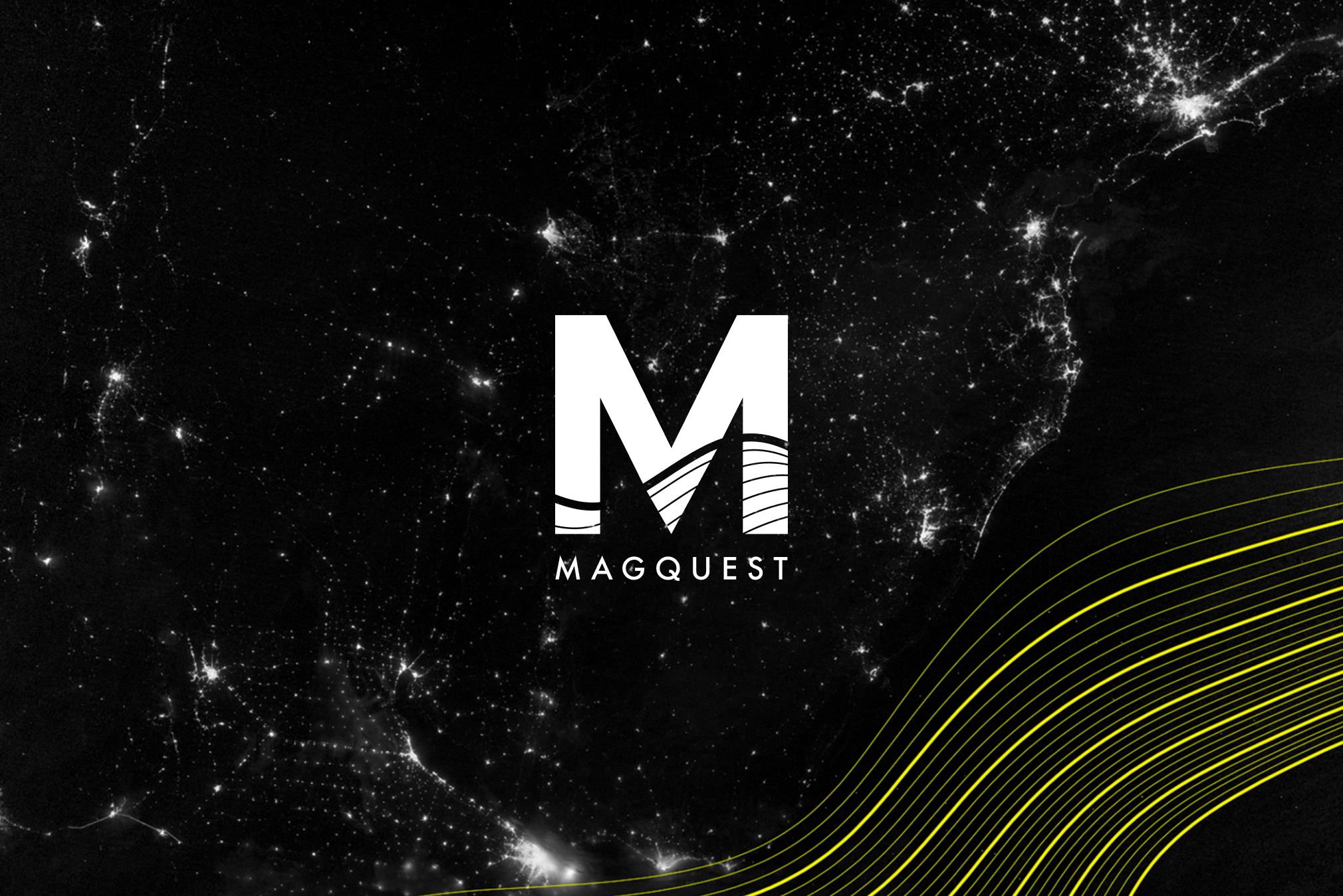Final phase of competition will support Phase 3 winners as they deploy nanosatellites and collect geomagnetic data.
More than a billion smartphone users depend on the World Magnetic Model (WMM) to point them in the right direction when they use mobile navigation apps. And the WMM is critical to military and commercial applications, from aircraft navigation to telecommunications. Production of the WMM currently uses space-based magnetic field measurements provided by a satellite mission.
To ensure sustainability of the WMM, the U.S. government has taken a proactive approach to identifying new methods of data collection: MagQuest is the National Geospatial-Intelligence Agency’s multiphase open innovation challenge to advance how we measure Earth’s magnetic field. Phases 1-3 of the challenge, completed in 2020, sought concepts and detailed designs for novel approaches to geomagnetic data collection. Phase 4 is now supporting Phase 3 winners to deploy their nanosatellites and demonstrate that they can collect the data to meet WMM data requirements.
We’re delighted to announce that Luminary Labs will design and produce Phases 4b and 4c of MagQuest on behalf of the National Geospatial-Intelligence Agency through a contract with the NASA Tournament Lab. The new engagement builds on Luminary Labs’ prior work with NGA, designing and producing Phases 1-3 of MagQuest.
To maximize the impact of Phase 4bc, Luminary Labs will design and deliver a solver support program that increases the likelihood of milestone achievement by all three teams. During this final phase of the competition, Phase 4 teams will build, integrate, test, and launch their solutions to produce high-quality geomagnetic data for the WMM. Each team will need to successfully complete a series of critical milestones that indicate sufficient progress to meet their mission targets.
Support in Phase 4bc will include convening experts from NASA Goddard Space Flight Center and NOAA National Centers for Environmental Information, as well as external mentors with interdisciplinary perspectives spanning magnetic measurement, engineering of space-based technology, and management of successful missions. These experts will provide concentrated support to teams at key moments in their respective development processes.
The results of MagQuest will inform NGA’s acquisition strategy for a WMM global magnetic field data collection capability, with an expected procurement that can provide operational capacity to support production of the WMM2030.

